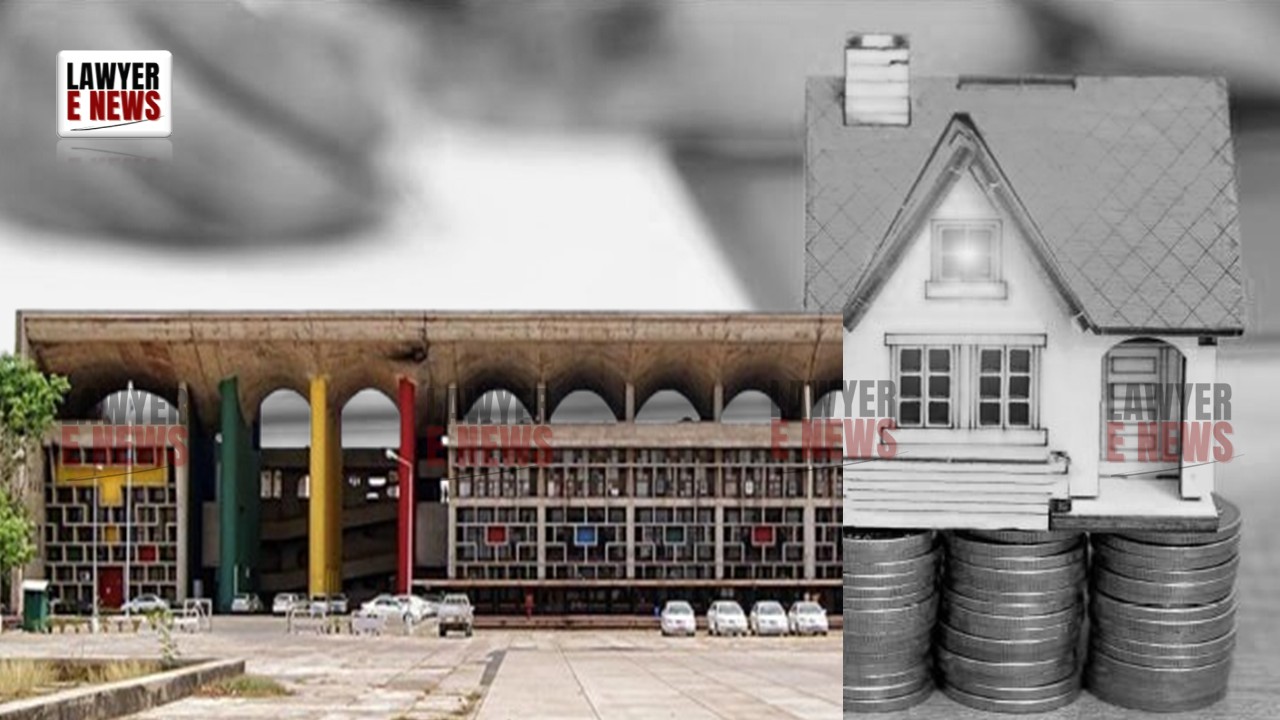-
by Admin
17 February 2026 2:34 PM



“The statutory timeline of 15 days under Section 18-A cannot be extended by invoking Section 5 of the Limitation Act” - Punjab and Haryana High Court reaffirmed the binding nature of the special procedure under the East Punjab Urban Rent Restriction Act, 1949, in cases involving eviction petitions filed by Non-Resident Indian (NRI) landlords under Section 13-B. Justice Harkesh Manuja ruled that the 15-day limitation for filing an application for leave to defend, as laid down in Section 18-A of the Act, is absolute and cannot be extended by invoking Section 5 of the Limitation Act, 1963.
The dispute arose when the respondent, Parneet Singh Sohi, an NRI holding a U.S. passport, filed an eviction petition against the petitioner, Harpreet Singh, seeking immediate possession of a residential flat located in Sector 43-B, Chandigarh. The eviction was sought under Section 13-B of the 1949 Act, a provision specifically inserted to allow NRIs to reclaim possession of their property in India for bona fide use. Upon receipt of summons, Harpreet Singh entered appearance through his counsel but failed to file an application for leave to defend within the stipulated 15-day period.
Subsequently, on 01.09.2023, the tenant filed an application for condonation of delay of 31 days in filing leave to defend, claiming that he was unaware of the limitation period due to miscommunication with his advocate, who had failed to inform him about the legal requirement. However, the Rent Controller rejected the said application on the ground that it had no jurisdiction to condone delay under Section 18-A, and proceeded to pass the eviction order. Aggrieved by this, the tenant preferred the present revision petition before the High Court.
The principal issue before the High Court was whether the Rent Controller could condone delay in filing leave to defend beyond the 15-day statutory period under Section 18-A of the Act by applying Section 5 of the Limitation Act. The Court unequivocally answered this in the negative. Relying on authoritative precedents including Babu Ram v. Naresh Kumar, Om Parkash v. Ashwani Kumar Bassi (2010 AIR SC 3791), and Ashwani Kumar Gupta, the Court held that Section 18-A of the Rent Act is a self-contained code and excludes the application of the Limitation Act. The Court observed that the procedure prescribed for eviction under Section 13-B, particularly for NRIs, was designed to ensure swift adjudication and not to allow procedural delays.
The petitioner had attempted to rely upon judgments such as Roop Kishore Sharma v. Smt. Bachni Devi, Paramjit Kaur v. Gurcharan Singh Walia, and Kimti Lal v. Jaswinder Kaur, to support the argument that delay could be condoned under special circumstances. However, the Court found these decisions distinguishable, observing that they were rendered on specific factual backgrounds and did not lay down binding law regarding the applicability of Section 5 of the Limitation Act to Section 18-A proceedings. On the contrary, binding authority from the Supreme Court clarified that any such condonation is impermissible.
Addressing the petitioner’s claim of miscommunication with his lawyer, the Court held that such an argument cannot override a statutory limitation period, particularly where the statute itself prohibits any latitude. It remarked that the tenant had no legal right to contest the eviction without filing the affidavit and leave to defend within 15 days, as mandated. The Court further noted that there was nothing in the Rent Act that empowered the Controller to condone such a delay.
Accordingly, Justice Harkesh Manuja dismissed the revision petition, upholding the Rent Controller’s order and the consequential eviction. He held that the order passed by the Controller suffered from no illegality or perversity, and the invocation of Section 5 of the Limitation Act by the petitioner was wholly unsustainable in law.
The ruling underscores the legislative intent behind Section 13-B and 18-A of the Rent Act—to provide NRIs with a speedy and efficacious remedy for reclaiming their properties in India—and sends a strong message that procedural compliance is non-negotiable in such statutory schemes.
Date of Decision: 4 April 2025
